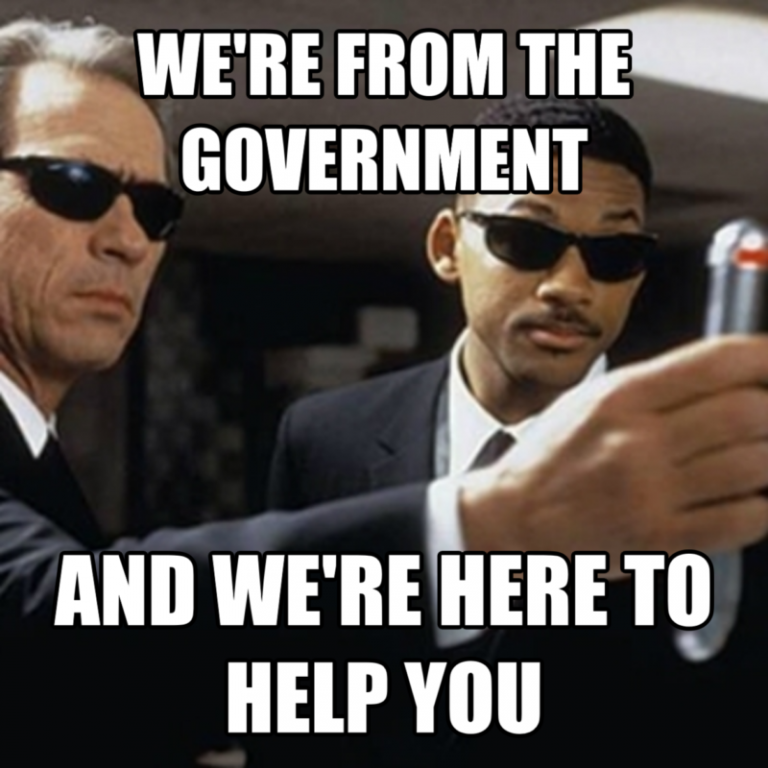I am from the IRS, and I am here to help you.
No, that is not the latest straight punch line immediately preceding when a cast member yells, “Live from New York, it’s Saturday Night!”
Keeping with the weirdness of 2020, we have four IRS activities that may impact you.
You may get an interest payment from the IRS
The interest payments will go out to individual taxpayers who filed a 2019 return by this year’s July 15 deadline and who either have already received a tax refund in the past three months or will be receiving a refund. Most of the interest payments will be issued separately from tax refunds.
In most instances, taxpayers who received their tax refund by direct deposit will have their interest payment directly deposited in the same bank account. Approximately 12 million interest payments will be direct deposited.
Everybody else will get a paper check. A notation on the check will say, “INT Amount” to identify it as a tax refund interest payment and indicate the interest amount.
By law, these interest payments are taxable, so taxpayers who receive them will need to report the interest on their 2020 federal income tax return when they file it next year. Next January, the IRS will send a Form 1099-INT to anyone who receives interest totaling at least $10.
Why, you ask?
The change in procedure this year is due to the novel coronavirus pandemic. The IRS’s long-standing 45-day rule generally requires the agency to add interest to tax refunds on timely filed refund claims issued more than 45 days after the return due date. However, this year’s COVID-19-related July 15 due date is a disaster-related postponement of the filing deadline. In cases where a disaster-related delay exists, the IRS is required, by law, to pay interest, calculated from the original April 15 filing deadline.
Why is the IRS sending me a notice, I paid my tax
A new notice appeared on the IRS website late on August 13, 2020.
Pending check payments and payment notices
“If a taxpayer mailed a check, it might still be unopened in the backlog of mail the IRS is processing due to COVID-19. Any payments are posted as the date we received them rather than the date the agency handles them. To avoid penalties and interest, taxpayers should not cancel their checks and should ensure funds continue to be available so the IRS can process them. To provide fair and equitable treatment, the IRS is providing relief from bad check penalties for Dishonored checks the agency received between March one and July 15 due to delays in this IRS processing. However, interest and penalties may still apply. Due to high call volumes, the IRS suggests waiting to contact the agency about any unprocessed paper payments still pending.
Other IRS Notices
The IRS has begun mailing backlogged letters and notices as it returns to normal operations. Many of these contain past due payment or response dates. Instead of sending a new, correct notice, the IRS includes as an insert with the notice or letter a Notice 1052, Important! You Have More Time to Make Your Payment. That insert will provide the updated pay date or response date.
The IRS says it has mailed over 20 million notices since early June with either the insert or with current dates.
However, it reports that approximately 11,000 notices went out without the insert, and the Service is reaching out to the affected taxpayers.
IRS Form 5498
Typically, these arrive in May; however, that filing date was delayed as well.
What do you do with the form? Nothing. It is a form from your financial institution that is required to be sent to each person for whom you maintained any individual retirement arrangement (IRA).
Got something on your mind or have a question?
All of this can occur even at a distance.
Call us 214-239-4700 or click to set up a ZOOM MEETING
Michael Tannery CPA CDFA® AIF® ● CEO
Registered Principal | Tannery & Company
Subscribe here to our weekly blog
Be A Financial Olympian™
The opinions expressed in this material are for general informational purposes only and is not a substitute for professional advice. Individual circumstances do vary.





